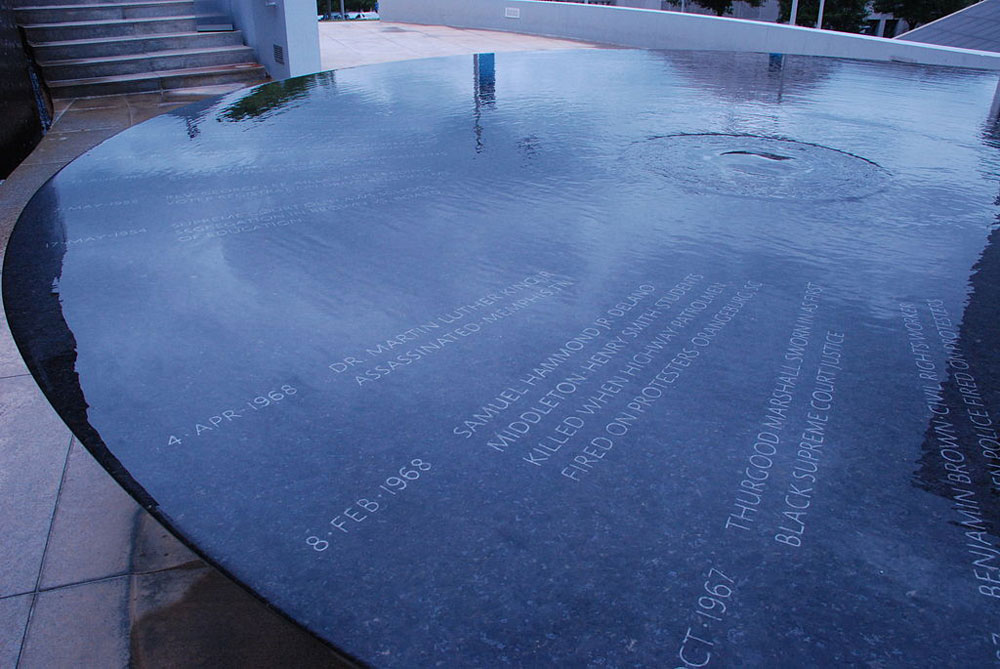
This past Thursday, staff at the Southern Poverty Law Center (SPLC) went public with their union organizing campaign. SPLC staff are seeking voluntary recognition from the nonprofit, so that contract negotiations may begin promptly. Workers at SPLC have affiliated with the Washington-Baltimore News Guild, a local of the Communications Workers of America (CWA).
“The announcement, notes Brendan O’Connor in Vice, “comes after a tumultuous year for the nonprofit, in which both the co-founder and the president were forced out amid allegations of misconduct.”
As NPQ, quoting the Atlanta Political Reporter, pointed out this past March, “The problems—which employees said spanned from sexual harassment to gender- and race-based discrimination…[created] an atmosphere over several years in which female and employees [of color] felt mistreated.” Complaints, employees told the Atlanta Political Reporter last winter, often resulted in retaliation.
Founded in 1971 and based in Montgomery, Alabama, the SPLC has grown rapidly in recent years. By 2018, fueled in part by “rage donations” against the Trump administration, SPLC had amassed an endowment of $470 million, as yearly contributions more than doubled after the 2016 election to $132 million, a Washington Post article noted. Earlier this year, NPQ reported that the organization employs an estimated 350 staff in offices spanning five Southern states.
Sign up for our free newsletters
Subscribe to NPQ's newsletters to have our top stories delivered directly to your inbox.
By signing up, you agree to our privacy policy and terms of use, and to receive messages from NPQ and our partners.
Nick Martin, a freelance journalist and a former investigative reporter at SPLC, told Vice, “With so much new blood in the building, management there is having to face the fact that it can’t keep doing things the way it always has. It can’t ignore sexual harassment, gender and race disparities, and low morale. Many of the changes that you’ve seen this year…are because of workers agitating in informal ways. [Unionizing] will help formalize some of those things and give workers a bigger say in the direction of this important institution.”
The union is seeking to represent the broadest possible range of employees, including both administrative and support staff (which have historically been largely black) and “professional staff,” such as lawyers, researchers, educators, public relations officers, and fundraisers, which Bob Moser, a journalist formerly employed by SPLC, writing earlier this year in the New Yorker, noted “were almost exclusively white.”
Specifically, O’Connor indicates that the proposed bargaining unit “includes but is not limited all employees working in administration/finance, communications, creative, Civil Rights Memorial Center, development, digital, donor services, information technology, Intelligence Project, legal, marketing and Teaching Tolerance.” In accordance with federal labor law, human resource staff, managerial employees, guards, and supervisors will not be part of the bargaining unit.
How management will respond to the workers’ petition for unionization remains to be seen. Lecia Brooks, chief workplace transformation officer, at SPLC, shared an email with O’Connor that she sent to staff. In that email, Brooks wrote that she and Karen Baynes-Dunning, SPLC’s interim president and CEO, “welcome an open election process here at SPLC.” This response would seem to indicate that management is unlikely to voluntarily recognize the union, but instead will insist on a National Labor Relations Board (NLRB)-supervised election before it will agree to sit down and negotiate with the union.—Steve Dubb













